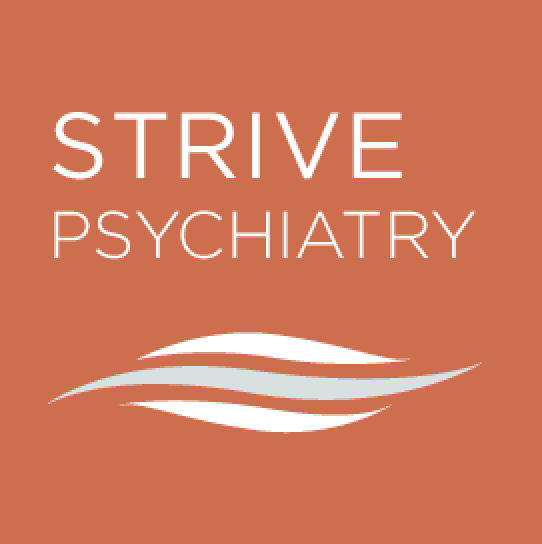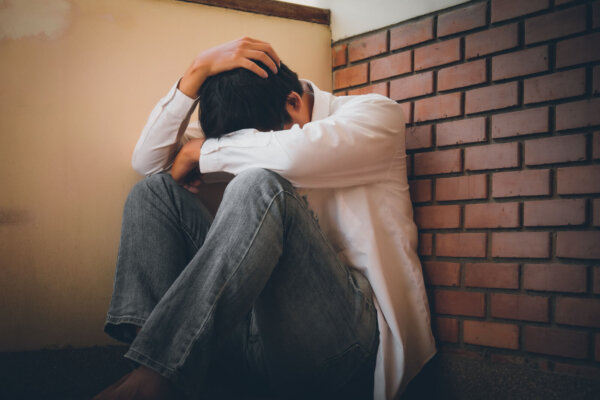Depression is often referred to as a silent killer. The stigma associated with depression discourages many from seeking treatment, and the number of people suffering from it is higher than ever. The World Health Organization came out with a study naming depression as the #1 illness worldwide. Acknowledging the depth of this problem is the first step in helping to correct it. Depression doesn’t have to be a battle fought in the darkness. There is hope for the millions of people worldwide suffering from this mental health condition.
World Health Organization Study on Depression
The World Health Organization (WHO) conducted a study in which found that over 300 million people worldwide are living with depression. This represents an 18% increase from 2005 to 2015. Sadly, fewer than 50% of people ever receive treatment.
Depression itself has a significant economic impact on both individuals and governments. Dr. Shekhar Saxena, Director of the World Health Organization’s Department of Mental Health and Substance Abuse, discussed the impact of depression with the New York Daily News. He stated in his interview that “the worldwide inattention to mental health doesn’t make any dollars or sense. The WHO estimates depression and anxiety fuel a global loss of roughly $1 trillion associated with lost productivity, people being unable to work, and health care expenses.”
While it may seem that depression has jumped to the top of the list of illnesses overnight, that is not the case. In reality, depression has hovered around number 1 or 2 on the list since 2010. In the U.S. alone, approximately 16.1 million adults had at least one depressive episode in the past year. While there is no singular cause for depression, there are clear risk factors. Those who have undergone extremely stressful situations (abuse, chronic illness, natural disasters, etc) are at higher risk of developing Major Depressive Disorder.
What Can Be Done?
While the numbers may seem grim, there is hope for patients suffering from depression. The first step is getting an accurate diagnosis. Once someone is diagnosed they can begin receiving help. Patients can receive support by confiding in loved ones who can help them through the process. See our post “5 ways to support a family member with depression” for more ways to help.
Psychotherapy (Talk Therapy)
Psychotherapy, also known as talk therapy can be helpful. The Depression and Bipolar Support Alliance (DBSA) supports this, saying, “A good therapist can help you cope with feelings and symptoms, and change behavior patterns that may contribute to your illness. Talk therapy is not just ‘talking about your problems’; it is also working toward solutions. Some therapy may involve homework, such as tracking your moods, writing about your thoughts, or participating in social activities that have caused anxiety in the past. You might be encouraged to look at things differently or learn new ways to react to events or people.”
Medication
Antidepressants are another possible solution. They are typically prescribed for moderate to severe depression. The Mayo Clinic illustrates the way that antidepressants, also known as SSRIs, help. They explain, “SSRIs ease depression by increasing levels of serotonin in the brain. SSRIs block the reabsorption (reuptake) of serotonin in the brain, making more serotonin available.”
While they are effective, antidepressants aren’t for everyone. Some people experience extreme side effects, others are resistant to SSRIs and don’t experience relief of symptoms. For these patients, alternative therapies are recommended.
Alternative Treatments
One such alternative treatment is Transcranial Magnetic Stimulation (TMS). TMS is safe and provides symptom relief in two-thirds of patients. It also has fewer side effects than SSRIs, making it a smart choice for patients looking to a successful treatment. An article in Science Daily highlighted the benefits of TMS for patients dealing with depression, asserting, “psychiatric researchers at Rush University Medical Center have found the non-invasive, non-drug therapy to be an effective, long-term treatment for major depression.”
TMS for Relief from Depression
If you want to learn more about Transcranial Magnetic Stimulation (TMS) our caring staff at Strive Psychiatry can answer your questions. We can help you determine if TMS is right for you.
For further questions contact Strive Psychiatry by calling:
801-494-1922 (Utah Residents)
702-291-2967 (Nevada Residents)

